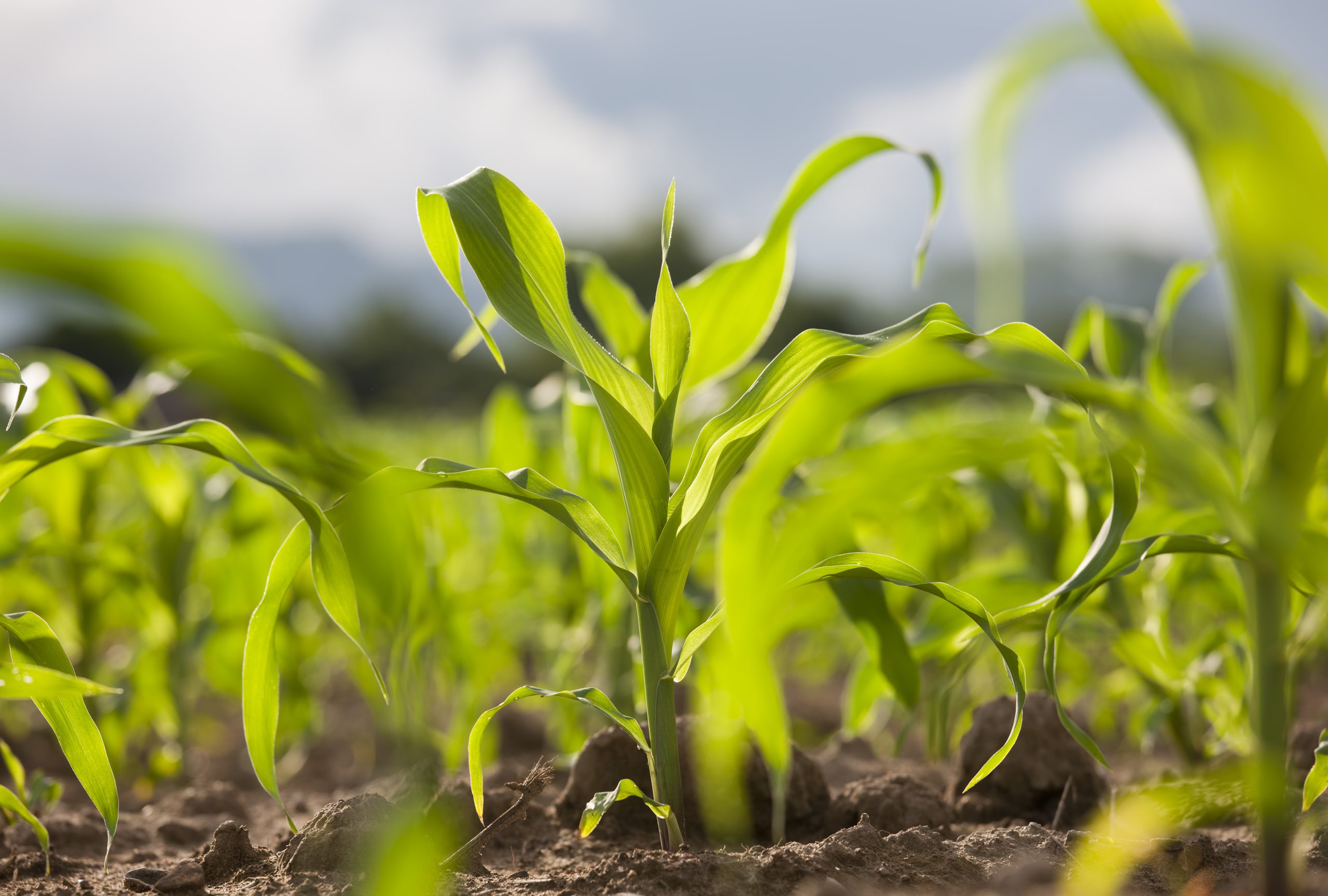Chicago | Reuters — U.S. winter wheat futures fell on Tuesday as crop conditions stabilized in the dry Plains growing region and buying interest waned following a surge that brought prices to an eight-week high last week, traders said.
Chicago Board of Trade May wheat futures eased 2-1/4 cents to $5.07 per bushel, trimming declines late in the session. K.C. May wheat fell four cents to $5.41-1/2 (all figures US$).
The U.S. Department of Agriculture on Monday boosted wheat crop ratings in the top state of Kansas but conditions still were only 13 per cent good to excellent, up one percentage point from a week ago.
Read Also

U.S. grains: Soybeans slip on profit-taking, China trade worries
U.S. soybean futures retreated on Thursday after two days of gains, pressured by profit taking and technical selling and on growing concerns about a promised farmer aid package and a breakthrough in U.S.-China trade negotiations.
USDA on Thursday will release monthly supply and demand outlooks for wheat, corn and soybeans. Some analysts expected the agency to show larger U.S. wheat ending stocks due to weak export demand and despite the risk of crop losses.
There was little rain relief in weather outlooks for the Plains or in Argentina, where drought has stressed crops in the South American country that is the No. 3 global soy and corn exporter.
“The balance sheets don’t justify the big move up (in wheat prices). But we’re not trading the balance sheet; we’re trading production losses,” said Adam Knosalla, broker at Frontier Futures in Minnesota.
Egypt earlier on Tuesday bought 175,000 tonnes of wheat from Russia — fresh confirmation that wheat from Europe and the U.S. was largely uncompetitive for shipments to one of the world’s biggest markets.
CBOT May corn touched a nearly seven-month high of $3.88-1/2 per bushel, settling just below that at $3.88-1/4, up one cent. CBOT May soybeans were down 2-3/4 cents to $10.74-3/4, moving on position squaring ahead of the USDA monthly reports.
“Markets are taking a pause today following the recent sharp rises although the background concern about dryness in the U.S. Plains grain belts and Argentina has not changed,” said Matt Ammermann, commodity risk manager with INTL FCStone.
“There had been a considerable amount of short-covering last week as prices rose but that money flow does not seem to be supporting wheat and soybeans today.”
— Michael Hirtzer reports on commodity markets for Reuters from Chicago.














